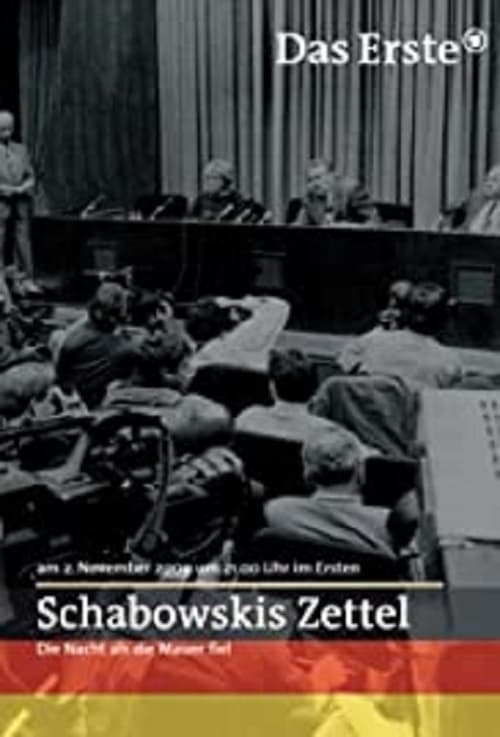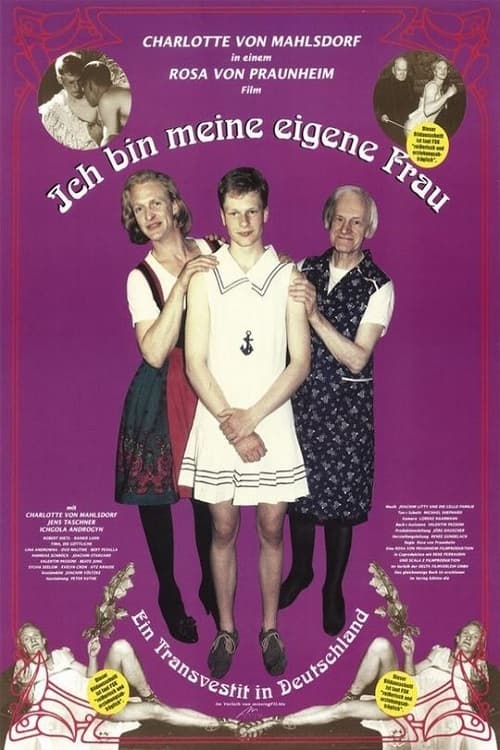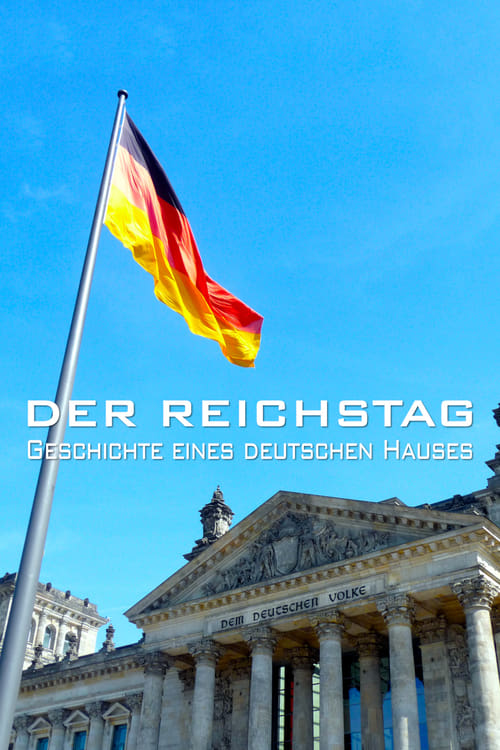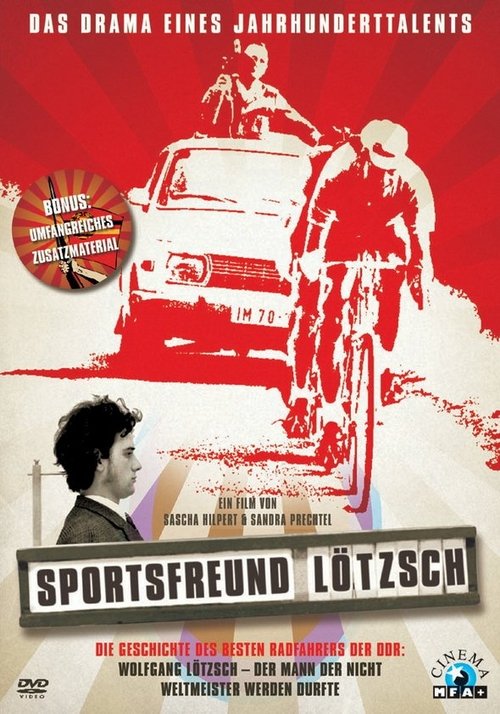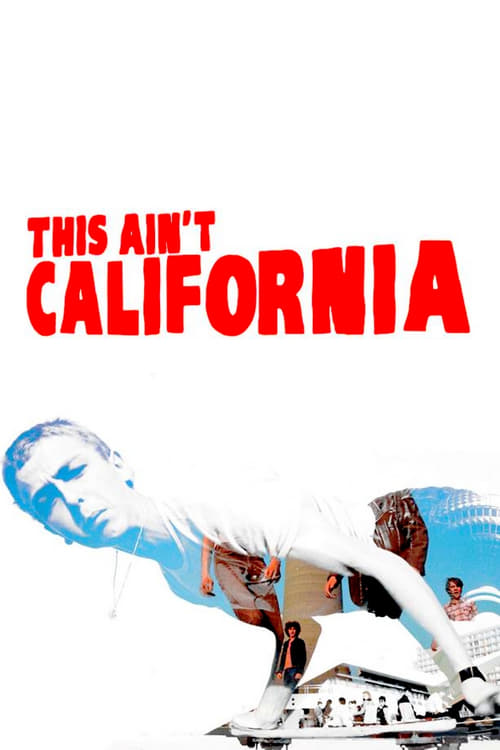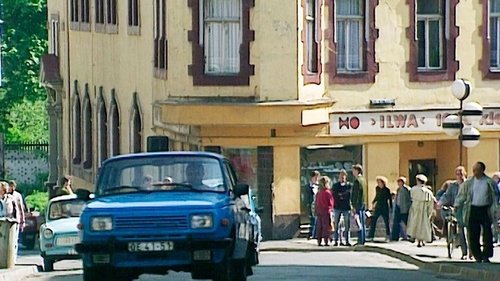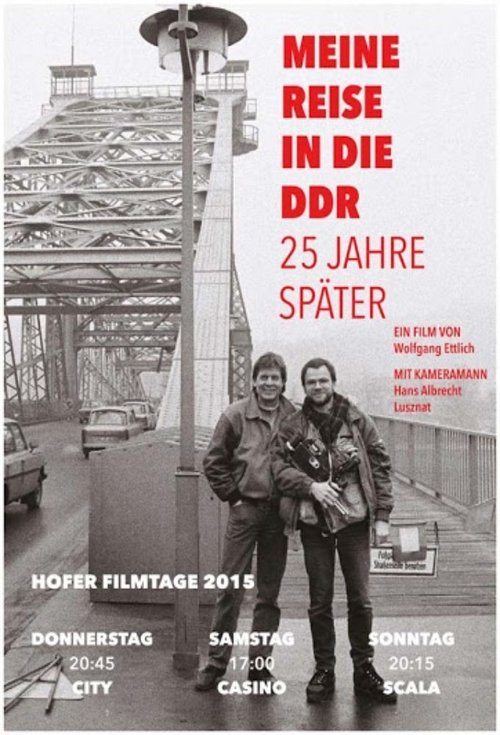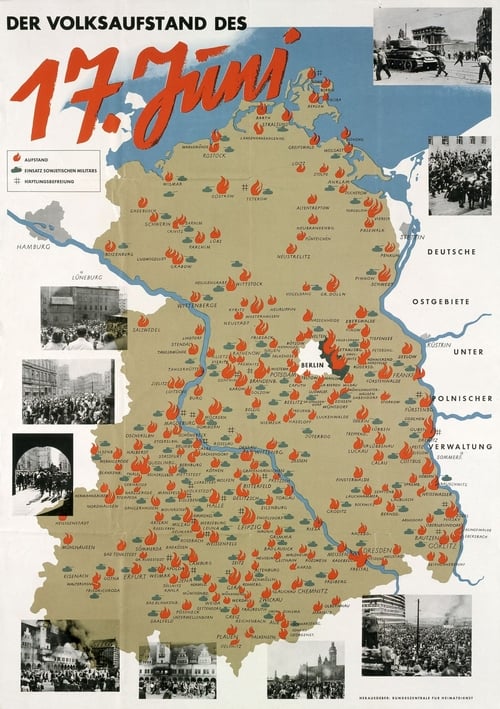Time Loops - A Conversation with Christa Wolf
Journalist Daniela Dahn interviews the East-German author Christa Wolf during the German reunification: reflections on history, changing politics, life and work.
Cast

Christa Wolf
as Herself

Daniela Dahn
as Herself

Lev Kopelev
as Himself

Gerhard Wolf
as Himself

Klaus Wischnewski
as Himself

Hans Mayer
as Himself

